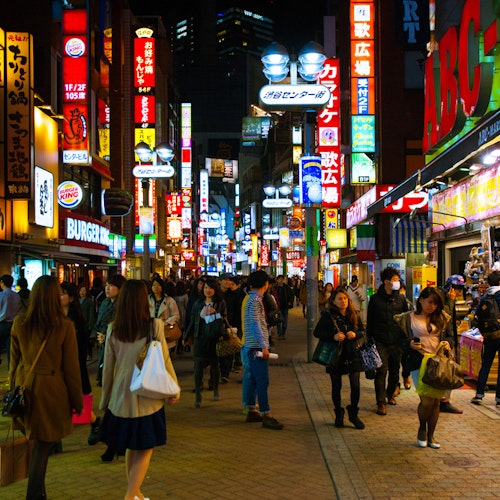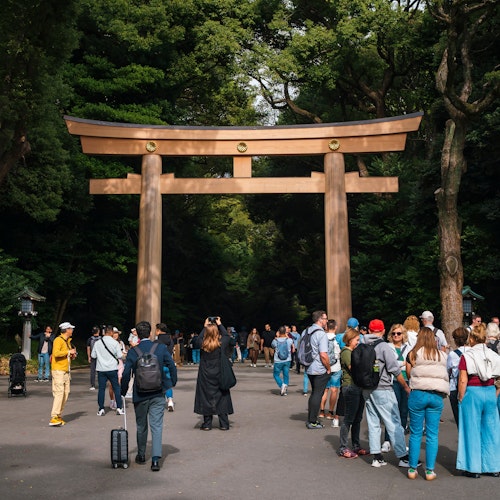
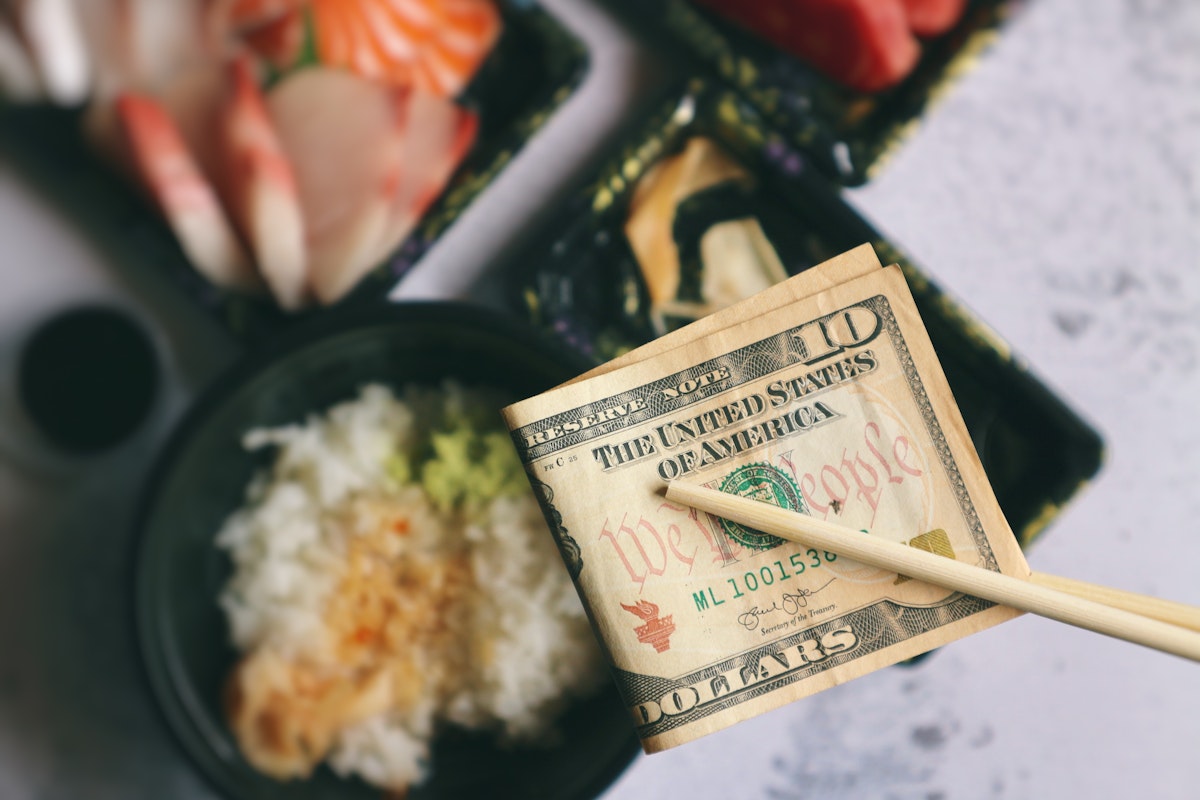
다음 여행에 계획 중이라면 일본, 현지 관습을 이해하는 것은 정중하고 원활한 여행을 보장하는 데 중요합니다. 일본을 방문하는 여행자들이 가장 많이 하는 질문 중 하나는 "일본에서 팁을 주나요?"입니다. 짧은 대답은 팁을 주는 것이 일본 문화에서 관습이 아니며 대부분의 경우 무례한 것으로 간주된다는 것입니다.
그러나 이 일반 규칙에는 모든 여행자가 알아야 할 몇 가지 예외가 있습니다. 이 가이드에서는 일본 팁 문화의 뉘앙스를 살펴보고, 팁을 피하는 이유에 대한 통찰력을 제공하고, 팁 또는 사려 깊은 대안이 적절한 상황에 대해 논의합니다.

많은 서구 국가에 뿌리 박힌 관행 인 팁은 일부가 아닙니다. 일본 문화. 일본인은 조건 없이 탁월한 서비스를 제공하는 것에 자부심을 느낍니다.
택시 운전사에서 호텔 직원에 이르기까지 서비스 근로자는 추가 비용이 아닌 직업 정신의 일부로 최고의 서비스를 제공하기 위해 노력합니다. 일본에서 팁을 제공하는 것은 모욕으로 인식되거나 수혜자에게 재정적 지원이 필요하다는 암시로 인식될 수 있기 때문에 어색한 순간으로 이어질 수 있습니다.
일본에서 팁의 개념은 자신의 일에 대한 겸손과 자부심이라는 문화적 가치와 충돌합니다. 좋은 서비스는 추가 보상을 받아야 하는 행위라기보다는 의무로 여겨집니다.
여행자가 팁을 주려고 하면 이 균형을 깨뜨려 받는 사람을 불편하게 만들 수 있습니다.
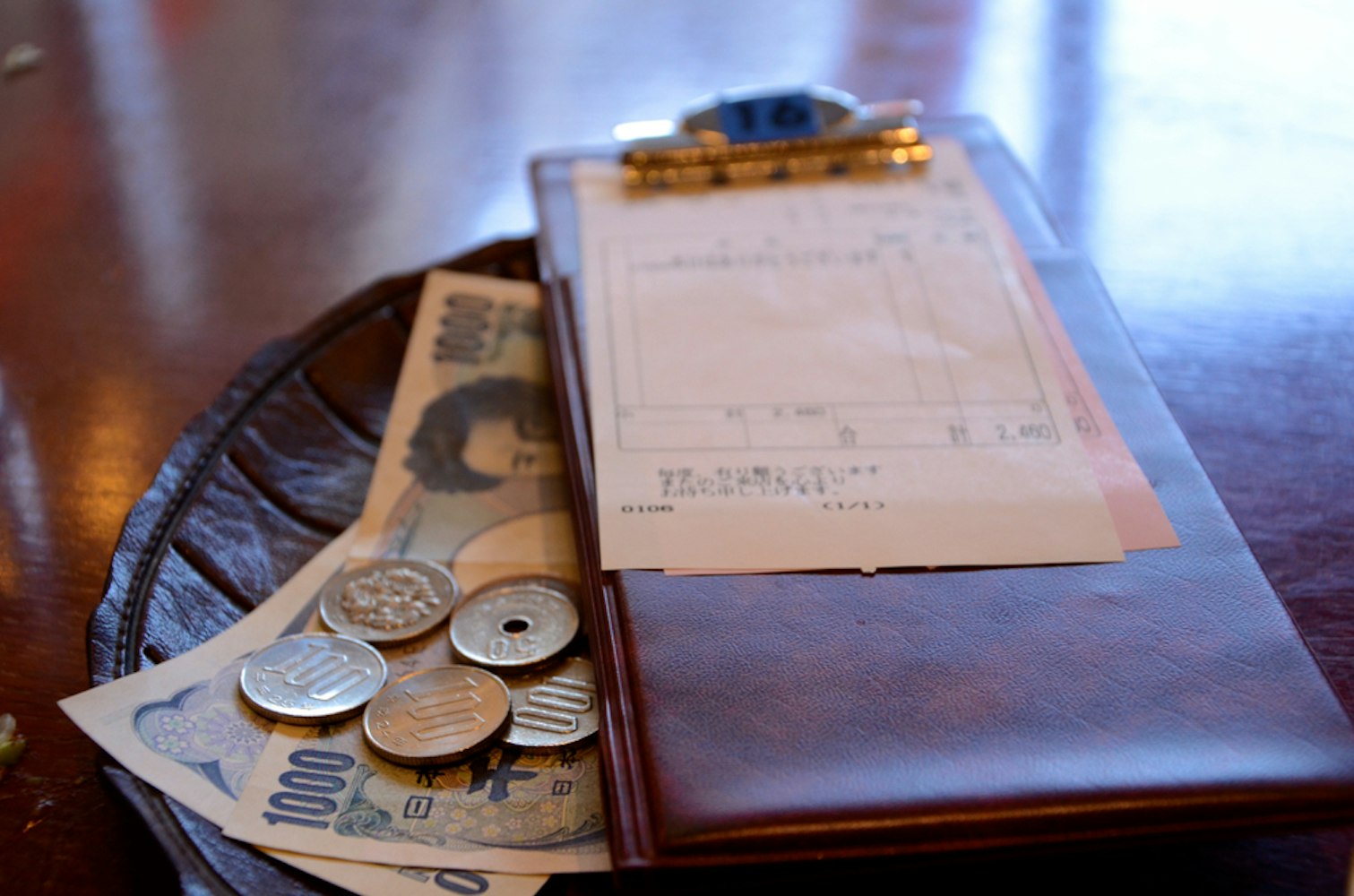
일본의 레스토랑에서 팁을 주는 것은 주로 서비스 비용이 이미 계산서에 포함되어 있기 때문에 불필요합니다. 여분의 돈을 남기려는 시도는 직원을 혼란스럽게 할 수 있으며 문화적 규범을 방해하는 이상한 제스처로 보일 수 있습니다.
일식 레스토랑 직원들은 추가 보상을 받을 자격이 있는 것이 아니라 자신의 역할의 일부로 우수한 서비스를 제공하는 것에 자부심을 느낍니다. 대신, 정중하게 가볍게 고개를 숙여 감사를 표하고 "고치소사마 데시타"(식사에 감사드립니다)라고 말하는 것은 문화적으로 적절하고 잘 받아들여지는 감사 표현 방법입니다.
편안하고 원활한 숙박을 보장하는 naka-san(객실 직원)에게 팁을 주는 것은 고급 료칸에서 사려 깊은 제스처가 될 수 있습니다. 나카 씨는 종종 식사를 준비하고, 이불을 준비하고, 개인 맞춤형 치료를 제공하는 것 이상으로 조심스럽게 감사의 표시를 합니다.
팁을 주기로 결정했다면 현금을 직접 건네는 것은 무례한 것으로 간주되므로 장식용 봉투를 사용하여 돈을 제시하십시오. 그러나 표준 호텔의 경우 팁 관행이 다르며 컨시어지 및 벨보이와 같은 직원은 이미 훌륭한 서비스가 책임에 포함되어 있기 때문에 팁을 기대하지 않습니다.
팁 택시 일본의 운전자들은 추가 보상을 기대하지 않고 최고 수준의 서비스를 제공하는 것에 자부심을 느끼기 때문에 문화의 일부가 아닙니다. 대부분의 운전자들은 여분의 돈을 불필요하거나 어색한 것으로 간주하여 정중하게 거절할 것입니다.
대신, 정중하고 따뜻한 "아리가토 고자이마스"(감사합니다)를 통해 진심 어린 감사를 표하는 것은 정중하고 충분한 것으로 간주됩니다. 운전 기사가 무거운 짐을 나르거나 복잡한 경로를 탐색하는 것과 같이 그 이상을 수행하는 경우 금전적 팁보다는 친절한 말로 감사를 표현하는 것이 가장 좋습니다.
투어 일본 가이드 는 특히 탁월한 경험을 제공하기 위해 팁을 받을 수 있는 몇 안 되는 서비스 역할 중 하나입니다. 다른 서비스 노동자와 달리 서구 국가에서 온 관광객을 대상으로 하는 가이드는 종종 팁 관습을 이해하고 제스처를 높이 평가할 수 있습니다.
문화적 존중을 유지하기 위해, 팁을 작고 장식적인 봉투에 넣고 진심을 보여주기 위해 약간의 절을 하며 조심스럽게 제시하는 것이 가장 좋습니다. 또는 모국에서 가져온 기념품이나 작은 토큰과 같은 사려 깊은 선물을 주는 것은 어색한 순간을 감수하지 않고 감사를 표현할 수 있는 의미 있는 방법입니다.

개인 가이드와 함께 교토에서 하루 종일 모험을 떠나십시오.
게이샤와 함께 사적인 저녁 식사에 참석하는 드물고 문화적으로 중요한 경험에서, 게이샤에게 직접 팁을 주는 것은 관례가 아니며 부적절한 것으로 간주될 수 있습니다. 게이샤는 고도로 훈련된 예술가들이며, 그들의 공연은 팁으로 보상받는 서비스라기보다는 깊이 존경받는 전통의 일부로 여겨집니다.
대신, 작은 사치품이나 지역 특산품과 같은 사려 깊은 선물을 통해 감사를 표현할 수 있습니다. 일본 풍습. 또는 팁이 전체 이벤트 비용에 포함되는 경우가 많아 감사가 문화적으로 정중하게 전달되도록 합니다.
일본에서는 편의점, 문구점 또는 기타 소매점에서 서비스 직원에게 팁을 주는 것이 문화의 일부가 아닙니다. 이러한 시설은 모든 고객이 추가 보상이 필요한 것이 아니라 표준으로 우수한 서비스를 받아야 한다는 원칙으로 운영됩니다.
이러한 상황에서 팁을 제공하는 것은 근로자를 혼란스럽게 하거나 당황하게 하여 의무감과 전문성을 방해할 수 있습니다. 대신, 감사를 표하는 가장 적절한 방법은 정중한 감사와 친근한 태도입니다.
작은 선물: 초콜릿이나 문구류와 같은 모국의 선물은 지속적인 인상을 남길 수 있습니다.
친절한 말: 말로 또는 손으로 쓴 메모로 감사를 표현합니다.
긍정적인 리뷰: 탁월한 서비스를 위해 빛나는 온라인 리뷰를 남기는 것이 돈보다 더 큰 영향을 미칠 수 있습니다.
팁 인하기 일본 이는 에티켓의 문제가 아니라 겸손, 전문성, 탁월한 서비스 제공에 대한 자부심이라는 뿌리 깊은 문화적 가치를 반영합니다. 일본의 팁 없는 문화에 적응하는 것은 다른 많은 국가에서 팁을 주는 데 익숙한 여행자에게는 이상하게 느껴질 수 있습니다.
그러나 이러한 관습을 존중하면 어색한 순간을 피하고 긍정적인 인상을 남길 수 있습니다. 의심스러울 때는 일반적인 규칙을 따르십시오: 상황에 따라 명시적으로 요구되지 않는 한 팁을 주지 마십시오.
대신, 사려 깊은 몸짓과 친절한 말로 감사를 표현하는 데 집중한다. 어쨌든 일본에서 가장 중요한 것은 현금이 아니라 정서입니다.
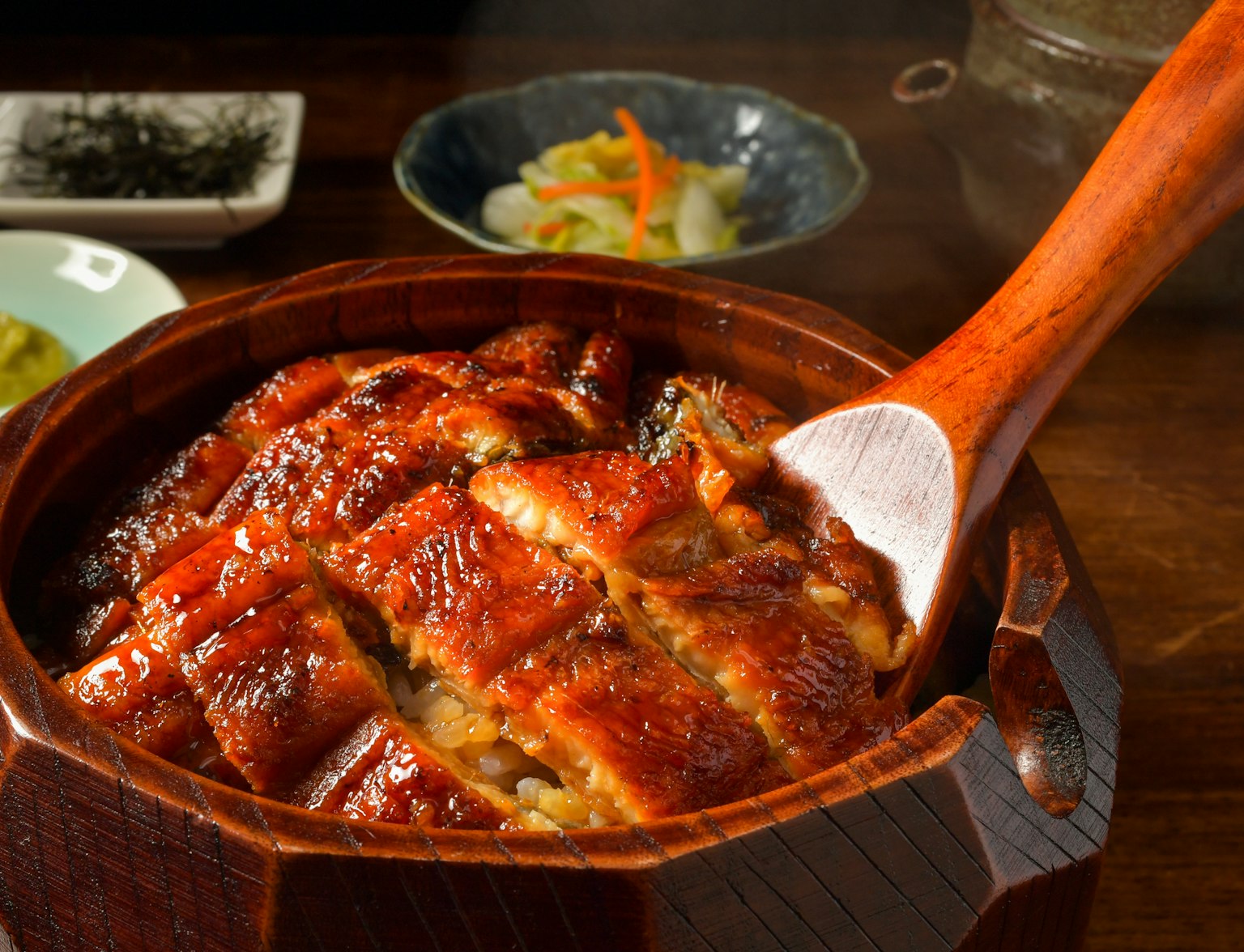
나고야 최고의 음식을 3 시간짜리 가이드 투어로 발견하십시오.
일본에서 배달 기사에게 팁을 주어야 하나요?
아니요, 일본에서는 배달 기사에게 팁을 주는 것이 관례가 아닙니다. 그들은 공정한 임금을 받고 그들의 서비스에 대한 추가 보상을 기대하지 않습니다.
일본의 스파나 마사지 가게에 팁을 남길 수 있나요?
일본의 스파나 마사지 샵에서는 팁을 기대할 수 없습니다. 대신 구두나 친절한 리뷰를 통해 만족감을 표현할 수 있습니다.
일본 결혼식 피로연이나 행사에서 팁을 주어야 합니까?
아니요, 팁은 일본 결혼식 피로연이나 행사의 일부가 아닙니다. 감사는 일반적으로 사려 깊은 선물이나 정중한 인정을 통해 표현됩니다.
일본에서 바텐더에게 팁을 주나요?
일본에서는 바텐더에게 팁을 주는 것이 일반적이지 않습니다. 오히려, 친절한 말이나 칭찬으로 그들의 봉사에 감사를 표하는 것으로 충분합니다.
실수로 일본에 팁을 두고 왔을 때는 어떻게 해야 하나요?
실수로 팁을 남긴 경우, 돈을 받는 것이 관례가 아니기 때문에 직원이 종종 돈을 돌려줍니다. 미소를 짓고, 고맙다고 말하고, 훌륭한 서비스가 그들의 문화 정신의 일부임을 이해하십시오.

